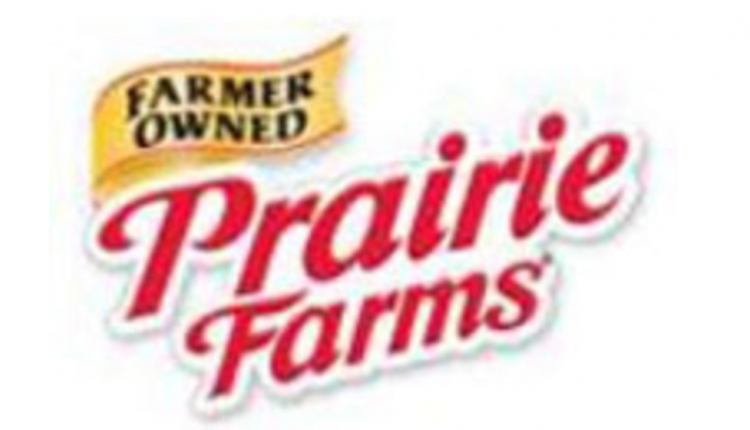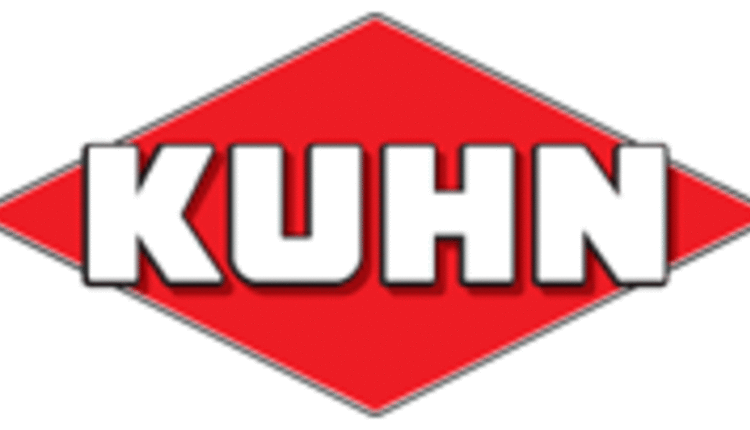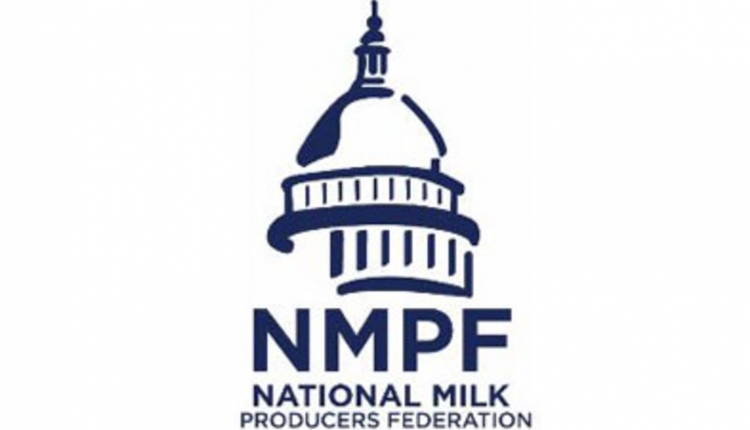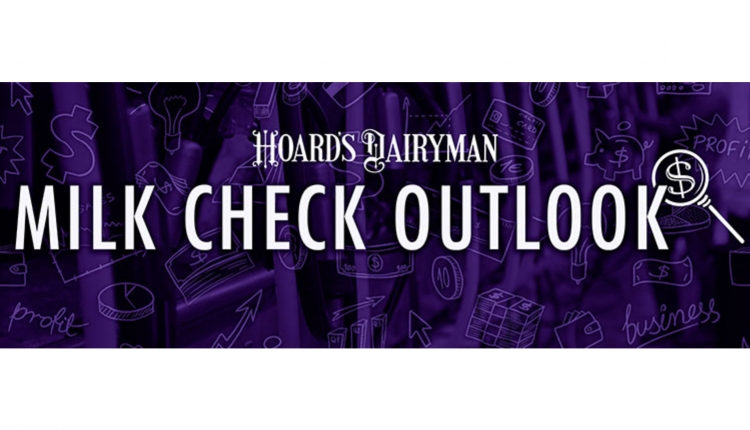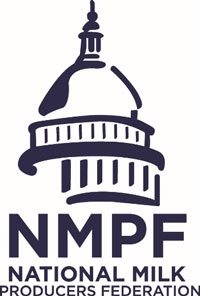

New Senate legislation to enforce the proper labeling of imitation dairy products drew an endorsement today from the International Dairy Foods Association (IDFA) and the National Milk Producers Federation (NMPF), which together agreed that steps need to be taken to defend the integrity of federal food labeling standards and prevent the misbranding of dairy imitators.
Sen. Tammy Baldwin’s (D-WI) DAIRY PRIDE Act would protect the integrity of food standards by prompting the Food and Drug Administration (FDA) to enforce existing labeling requirements, specifying foods labeled as “milk” and “cheese” have to come from dairy animals. The Baldwin bill would require FDA to issue a guidance for nationwide enforcement of these definitions within 90 days. It also would require FDA to report to Congress two years after the bill’s enactment to hold the agency accountable for this update in their enforcement obligations.
According to NMPF President and CEO Jim Mulhern, “For too long, the FDA has turned a blind eye to the misbranding of imitation dairy products, despite the decades-old federal law that milk comes from animals, not vegetables or nuts. None of these imitators provides the same high quality and quantity of nutrition offered by real milk. Sen. Baldwin’s DAIRY PRIDE Act will simply ensure that FDA enforces current law by requiring marketers of these imitation products to call them something other than milk.”
FDA regulations (CFR 131.110) define milk as a product of a cow, with a similar stipulation for yogurt and cheese. Though existing federal policy is clear on this subject, FDA has not challenged the incorrect use of the terms “milk,” “yogurt” and “cheese” on imitators that have proliferated during the past two decades, according to the dairy industry.
“These plant-based products are imitations, but they are not substitutes for the comprehensive nutrient package offered by real milk,” said Michael Dykes, president and CEO of IDFA. “The reason we have food standards is to preserve the integrity and consistency of what’s inside the packages. Milk should be milk.”
The lack of enforcement of proper dairy terms in the U.S. market stands in sharp contrast to how the matter is handled in similar nations, which actually police the matter. While the term “almond milk” is seen on products sold in the U.S., it is absent from the same brand of almond beverage also sold in Canada and the United Kingdom.
The Baldwin legislation comes one month after Reps. Mike Simpson (R-ID) and Peter Welch (D-VT), supported by a bipartisan coalition of 32 other members of the House, sent a letter to FDA urging the agency to more aggressively police the improper use of dairy terminology.
About IDFA
The International Dairy Foods Association (IDFA), Washington, D.C., represents the nation's dairy manufacturing and marketing industries and their suppliers, with a membership of 550 companies within a $125-billion a year industry. IDFA is composed of three constituent organizations: the Milk Industry Foundation (MIF), the National Cheese Institute (NCI) and the International Ice Cream Association (IICA). IDFA's nearly 200 dairy processing members run nearly 600 plant operations, and range from large multi-national organizations to single-plant companies. Together they represent more than 85 percent of the milk, cultured products, cheese, ice cream and frozen desserts produced and marketed in the United States. IDFA can be found online at www.idfa.org.
About NMPF
The National Milk Producers Federation, based in Arlington, VA, develops and carries out policies that advance the wellbeing of dairy producers and the cooperatives they own. The members of NMPF’s cooperatives produce the majority of the U.S. milk supply, making NMPF the voice of dairy producers on Capitol Hill and with government agencies. Visit www.nmpf.org for more information.
